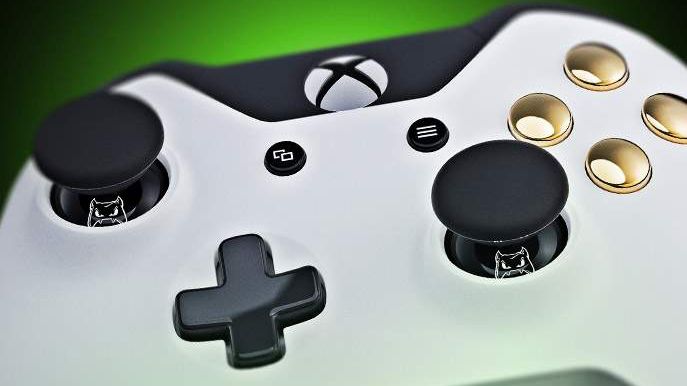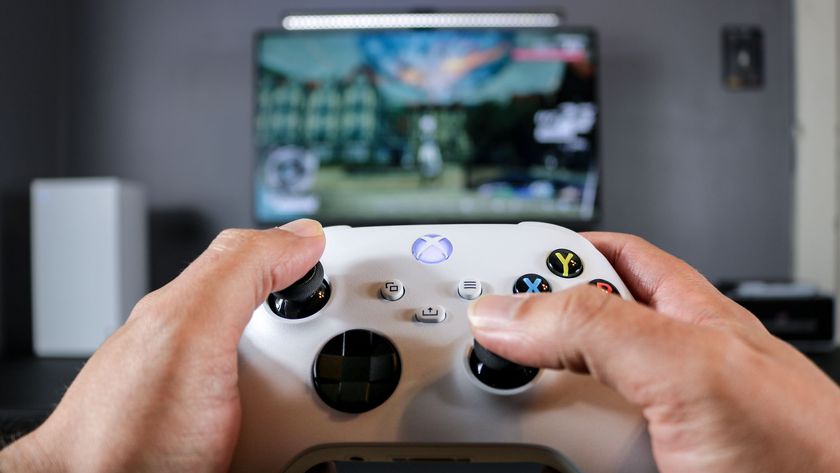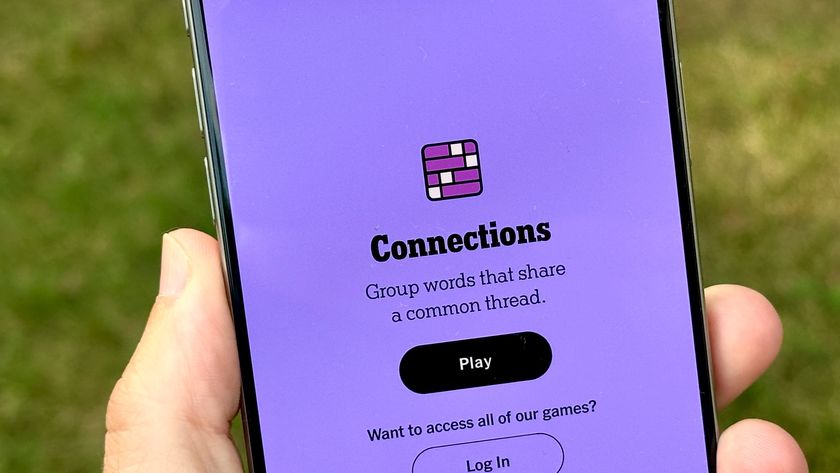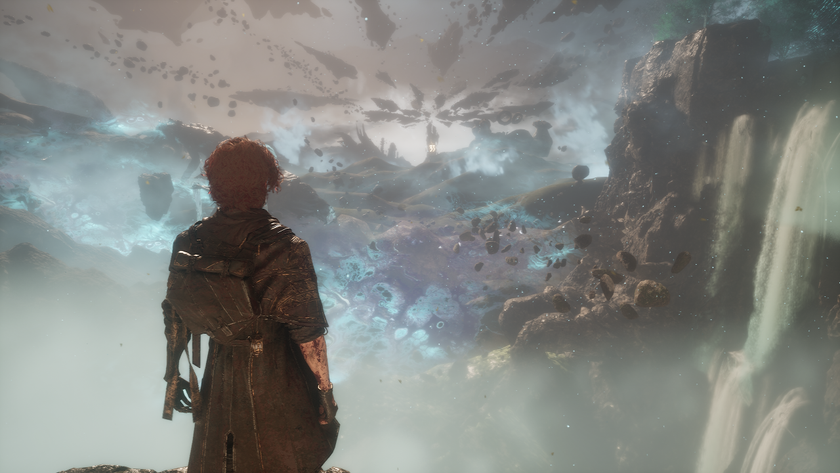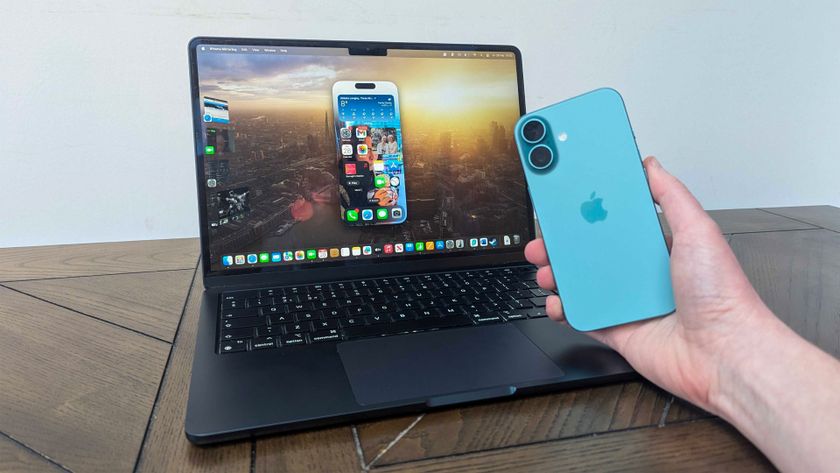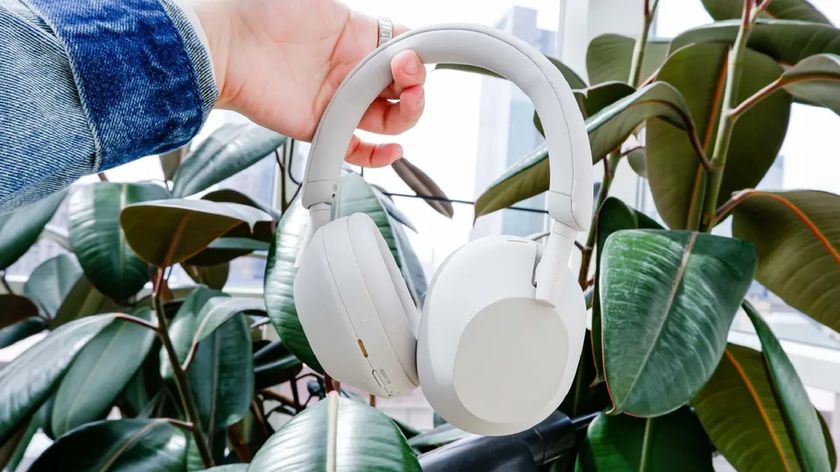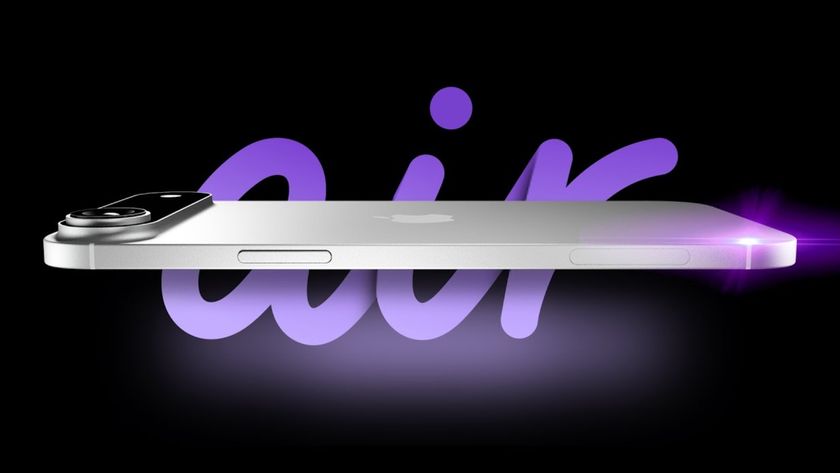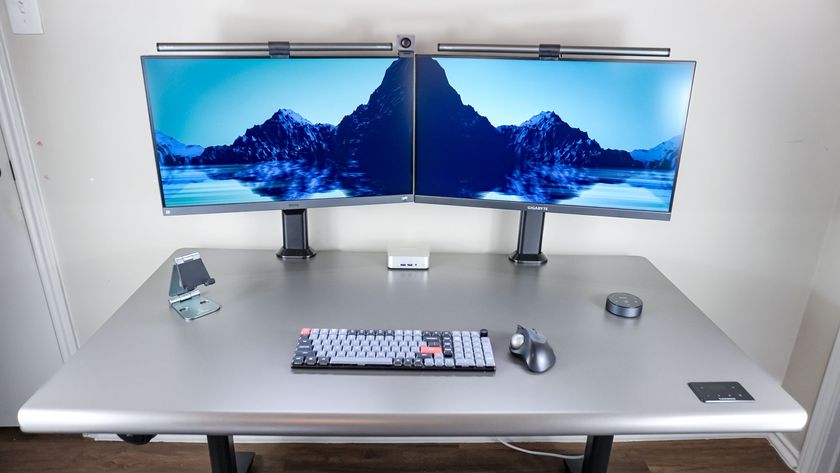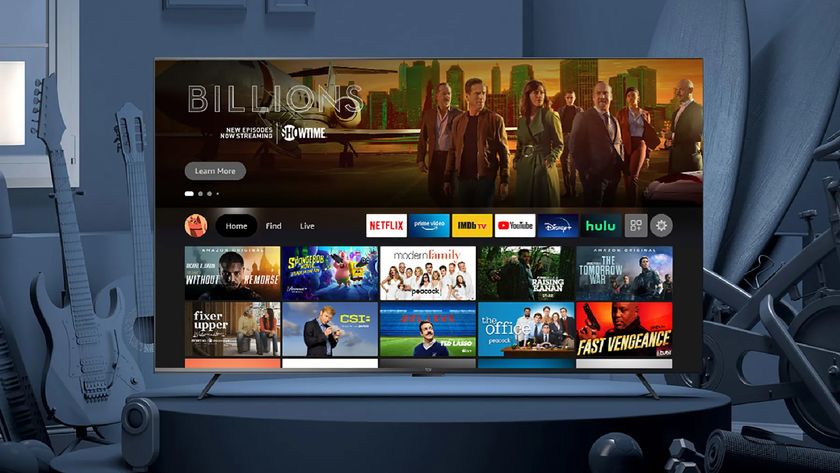Xbox Series X can beat PS5 — here’s 3 reasons why
The Xbox Series X is all about the gaming ecosystem, not the black box
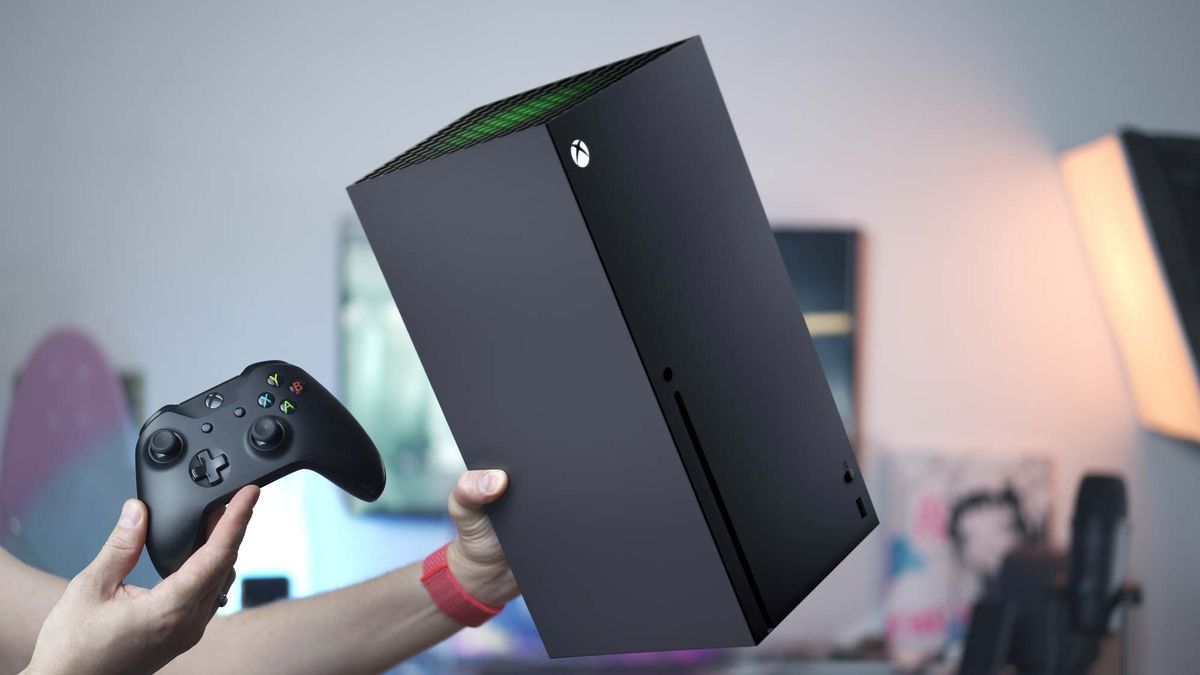
Microsoft’s Xbox Series X is shaping up to be one very impressive console. Despite being clad in a rather minimal monolithic chassis, there’s a lot of clever engineering to ensure that the next-generation console can kick out superior power to Sony’s PS5 — 12 teraflops compared to 10.28 teraflops - yet keep cool.
And with ray-tracing support, dedicated audio hardware, and easily expandable storage, the Xbox Series X is offering a lot for what could be a $400 console that potentially undercuts the PS5. And in the long-term, that doesn’t matter.
- PS5 vs. Xbox Series X: How the consoles stack up
- All the Xbox Series X games we know about so far
- Plus: Xbox Series S could debut in August to put PS5 on notice
Before you think that the summer heat has got to me, my reasoning for this outlandish opinion is because I think the Xbox Series X will simply be a component in a wider Xbox ecosystem. The next five years or so for Xbox will be less about a box that you connect to your TV and more a suite of services that could shift the way we approach gaming over the next decade.
All that’s thanks to how Microsoft is has approached the Xbox Series X. Let’s start with some of the basic things.
Superior backwards compatibility
Microsoft’s is offering pretty comprehensive backwards compatibility for Xbox games dating all the way back to the original box. The Xbox Series X looks set to support a very large catalogue of older games and will add some next-gen magic on top of them to boot with support for 4K resolutions and 120 fps frame rates on select titles.
As such, the Xbox Series X is less of a dedicated next-generation machine in the vein of the PS5 and more of an every-generation games console. This will likely allow Xbox Series X gamers to play online with Xbox One counterparts, thereby establishing a multiplayer ecosystem, rather than a gaming experience that’s limited to individual platforms.

This will be augmented by Microsoft’s Smart Delivery program, which will allow people who’ve bought a game on the Xbox One to then upgrade it to an Xbox Series X version when the game comes out on that console.
But we’re already seeing that in action with how a lot of Xbox games, notably first-party titles, can be bought on the Xbox One or through the Microsoft Store and then be played on both the Xbox One and Windows 10 PCs. And thanks to cloud saves, games can be synced between Xbox One and PC gaming sessions.
The xCloud factor
Even if you don’t have an Xbox One you can still access what are effectively console-exclusives through the Xbox app on a Windows 10 PC. And if you don’t have a powerful Windows 10 machine or an Xbox One, you can still play a few Xbox games, such as Halo: The Master Chief Collection, courtesy of Microsoft’s Project xCloud game streaming service.
While xCloud is currently in a beta version, it’s due for a full launch later on in the year and will be bundled as part of Xbox Game Pass. Provided you have a decent broadband connection, xCloud can provide access to Xbox One games even if you’re playing on a smartphone or underpowered laptop.
All this means that Xbox is already more of a gaming service than a single platform.
Xbox Series S (aka Project Lockhart)
That doesn’t mean that there’ll be no need for new games consoles. In fact, the rumors so far point towards a second next-generation Xbox in the works: Xbox Series S, aka Project Lockhart.
Designed as a cut-down and cheaper take on the Xbox Series X — some $200 cheaper according to the latest leaks — the Xbox Series S is set to be an all-digital console that will likely target 1080p gaming at 30 to 60 frames per second, rather than the Series X’s goal of 4K at 60fps. This box would offer another way for people to dip their toes into the Xbox world without having to spend $400 on a games console that might be overkill if they don’t have a 4K TV.
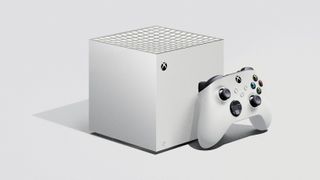
From what I can extrapolate from the Lockhart rumors, the Xbox Series S will likely be offered as part of an Xbox Game Pass bundle, much like the Xbox One S All-Digital Edition and Xbox One X are offered as part of a 24-month Xbox All Access subscription. This might seem like an odd move by Microsoft as it’s the Series X is already predicted to undercut the PS5, and it could also result in a loss per unit sold for Microsoft.
But I believe that Microsoft will use both the keenly-priced Xbox Series X and the Xbox Series S — if it does indeed exist — to get more people to join the Xbox exosystem. As such, even if Microsoft doesn’t sell a vast amount of new Xbox consoles it will still have repeat income from people who’ve signed up to Xbox Game Pass and joining Xbox Live.
Thanks to the number of developers Microsoft also has under its Xbox Games Studio banner, the Redmond company also has more control over the games that it can bring to the Xbox ecosystem. That means it’s also in a position to take a bigger cut of the game sales revenue, effectively compensating for selling cheaper consoles than Sony.
Xbox One X vs PS5: Ecosystem vs console
As much as we at Tom’s Guide like to tease out the rivalry between the PS5 and Xbox Series X, the two consoles have a different strategy. Sony’s PlayStation play looks centred around having a console dedicated for playing next-generation exclusive tiles in the best way possible. Whereas the Xbox Series X will be more of a foundation console for the next steps for Microsoft’s gaming exosystem.
I suspect that thanks to its larger fanbase having outsold the Xbox One with the PS4, the PS5 will be more popular than the Xbox Series X, at least at launch. It will simply have more people to take from the current generation to the next-gen. But both consoles will be winners: the PS5 will win on sales, but the Xbox Series X will win on services and subscriptions.

Even if Microsoft makes a loss with the Xbox Series X, it won’t really matter. The company can afford to take such gambles, thanks to making billions with Windows 10, Office and its Azure cloud services. But more important, the Xbox Series X will stand as a testament to Microsoft’s engineering abilities, as well as give it more scope to build out its gaming services and effectively entice more game developers to build within its ecosystem and use its cloud platforms.
So while Sony concentrates on hardware, as a one would expect from a company whose background is in electronics, Microsoft will be paving the way for a post-console generation of gaming. Thanks to being a native technology and software company, Microsoft is positioned to move the needle when it comes to looking at gaming beyond boxes to slot under a television.
If Microsoft does indeed build out its Xbox ecosystem like I think it will, it could usher in a future where triple-A high-fidelity gaming can happen pretty much anywhere and at any time.
That future is probably still some way off — so don’t go throwing your gaming PC out of the window — but Microsoft has already laid the foundation. And that’s what makes the Xbox Series X a lot more exciting than its plain back box exterior might suggest.
Sign up to get the BEST of Tom's Guide direct to your inbox.
Get instant access to breaking news, the hottest reviews, great deals and helpful tips.
Roland Moore-Colyer a Managing Editor at Tom’s Guide with a focus on news, features and opinion articles. He often writes about gaming, phones, laptops and other bits of hardware; he’s also got an interest in cars. When not at his desk Roland can be found wandering around London, often with a look of curiosity on his face.

